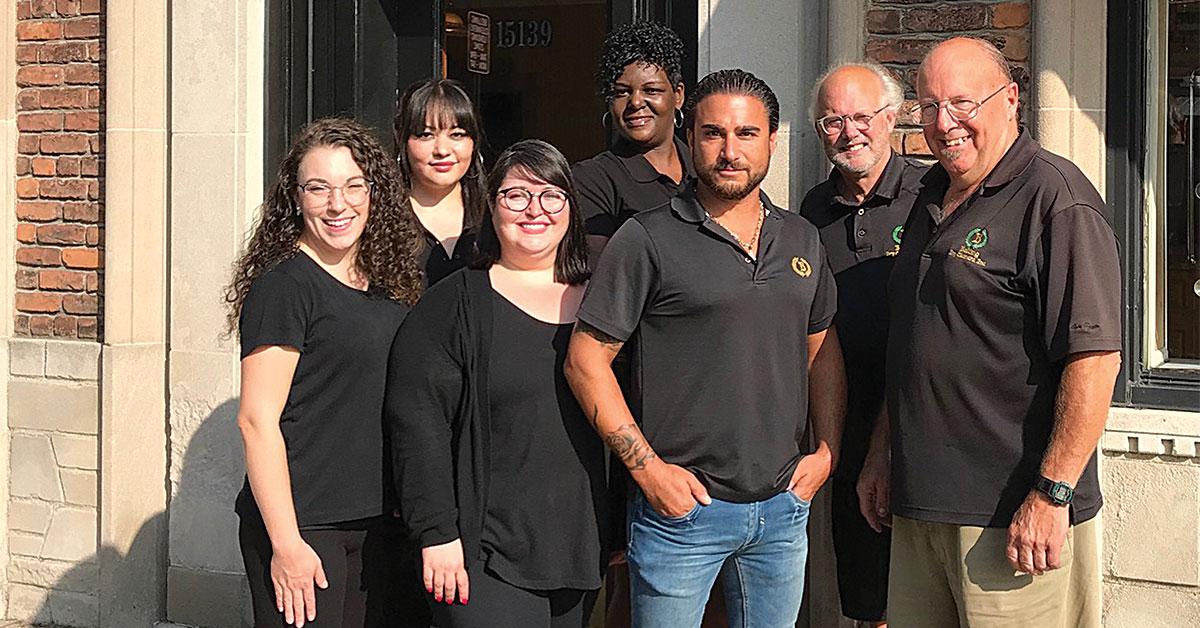CHICAGO — How do you deal with rents? Are you a landlord? A renter?
Let’s hear today firsthand from a drycleaning owner who is both.
“My name is Joe Hebeka and I own the Belding Group, which consists of Belding Cleaners and two other previously competing dry cleaners that I have acquired in the last few years.
“We were founded in Detroit in 1918, and are now relocated in Grosse Pointe, Michigan, and have been in business for over 100 years.” he relates.
Hebeka says: “We currently own two of the three buildings we operate in, and rent space in the third.
“It’s interesting to be on both sides of the equation between renting and owning. Each has their pros and cons.
“Owning your own building can be very rewarding and a great asset, however, with that comes maintenance.... major maintenance,” he points out.
“Roof, parking lot, structural, grass and snow maintenance, HVAC maintenance, all can be very expensive and completely your responsibility,” Hebeka says.
“Not only can this be expensive,” he continues “it is time-consuming, taking time from your already hectic day. However, owning a building can be an asset because you can use it as collateral to acquire a line of credit and purchase more equipment or open more stores. Also, mortgage payments are usually less than rent and the interest is tax deductible.”
He relates that renting space on the other hand has many variables all depending on the type of lease you negotiate with your landlord.
Often times, Hebeka notes, new shopping centers will offer the first three months free to entice tenants and fill the spaces and sometimes even build the space out to suit your needs and layout.
“There is often less maintenance when renting, like snow and grass maintenance. Also, any issues with your space, exterior-wise or structurally, can just be forwarded to the landlord. It’s also significantly less of an investment when starting a dry cleaners to lease your space as opposed to buying a building.
“However, rent can be expensive and if things don’t go as planned, you’re usually on the hook for the remainder of the lease, whether your store is out of business or not,” he warns.
Some leases will allow you to sublet to someone else, he relates, but that’s only if the landlord approves it.
“I believe each scenario is unique and should be handled with caution. I would definitely have an attorney read over your lease agreement before signing,” Hebeka advises.
“I have a lease set up where, in fact, I am still responsible for my HVAC system even though it’s not mine, but I get free water instead,” he points this out as an example of how each rental agreement is unique.
“The landlord doesn’t want the annoying phone calls that ‘the A/C is down’ for example, so I handle it myself because I have the resources and experience and in exchange, I never have to worry about my water bill. It’s a prime location and for me it’s worth the responsibility,” acknowledges Hebeka.
Tip from Hebeka: If your facing a rent increase, its not the end of the world, almost all things increase in price at some point. It may very well be justified.
Check back Thursday for the conclusion.
Have a question or comment? E-mail our editor Dave Davis at [email protected].

